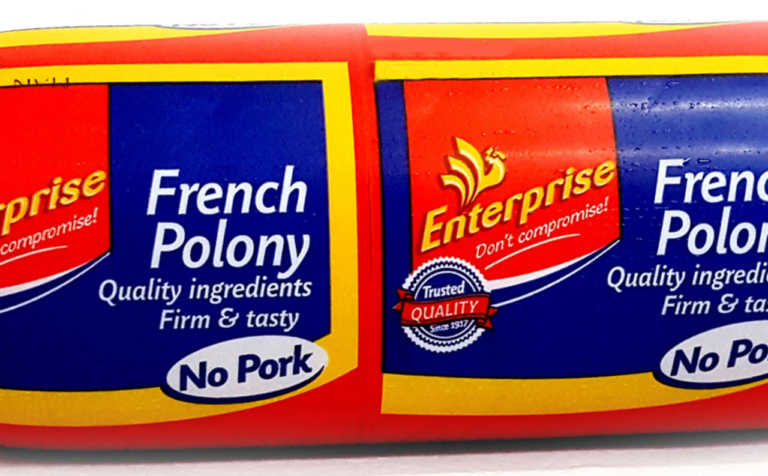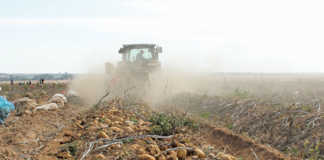
The listeria bacterium was also traced to a Rainbow Chickens production facility in the Free State, but further tests were needed to identify the sequence type, he said.
Motsoaledi said the disease was traced after several children presented with gastroenteritis in Soweto.
READ 5 Cattle diseases that can kill your business
Tests were done and it was found that they had listeriosis. RCL foods said it suspended all production of its polony brand at the Wolwehoek processing plant following the Motsoaledi’s announcement.
The company was also recalling all its polony brands.
The food industry in South Africa was complex and it would be irresponsible to start speculating now about the possible reasons for the listeriosis outbreak, according to Prof Celia Hugo, a microbiologist at Free State University.
“Much more research is needed on the specific stem of the Listeria monocytogenes bacteria that caused the outbreak.
It was vital that the precise origin and location of the listeria pathogen at the affected businesses be determined, Hugo said.
It could, for example, hide in waste pipes and drains, resulting in cross-contamination.
READ EU blamed for local poultry labelling mistakes
“This outbreak consequently called for considerably more in-depth research,” she said.
“Listeriosis affects young children, the elderly and people with a compromised immune system, in particular,” she added.
“This even includes people who are taking antibiotics.”
Listeria monocytogenes bacteria included a variety of stems. What makes the outbreak in South Africa unique was that children as old as 15 years and adults of 45 years old had succumbed to the disease.
The fact that the listeria bacteria was present in the meat plants that had now been shut down implied that they did not take effective measures to monitor the processes when the outbreak was made public months ago, according to Marie van der Merwe, acting chairperson of the South African National Consumer Union (SANCU).
It was unacceptable that major food suppliers with high profile brands allowed such lapses in food safety controls, she said in a statement.
SANCU urged authorities to monitor the recall process of contaminated products very carefully.










